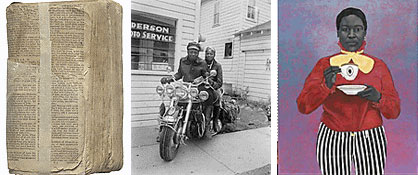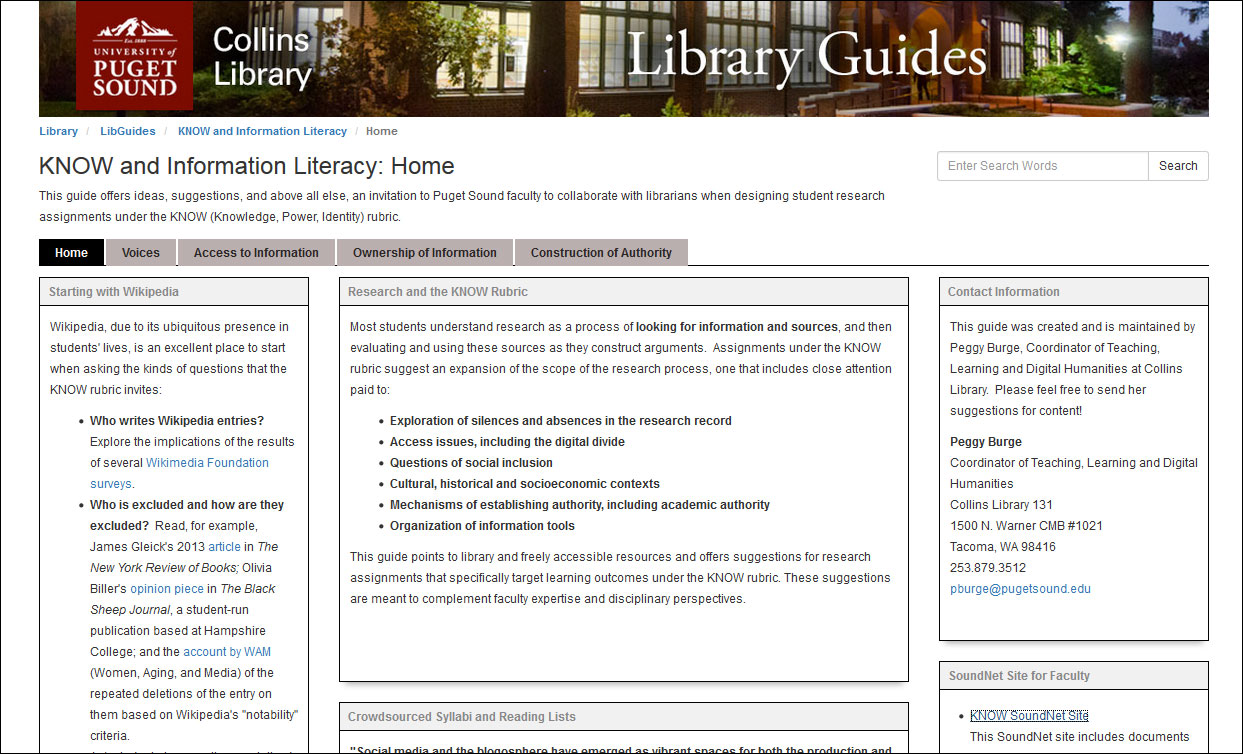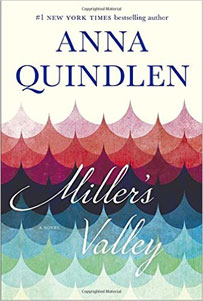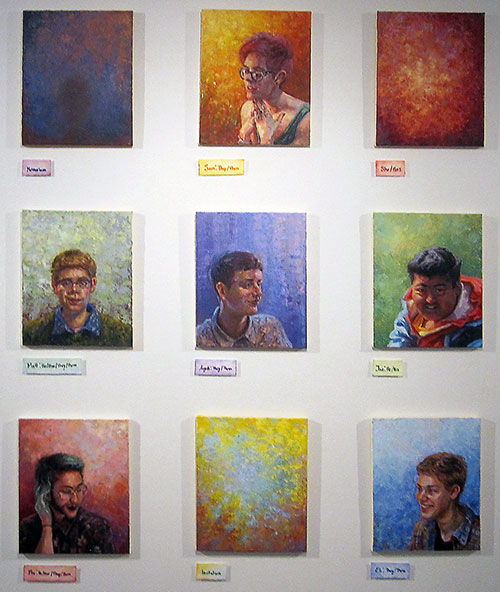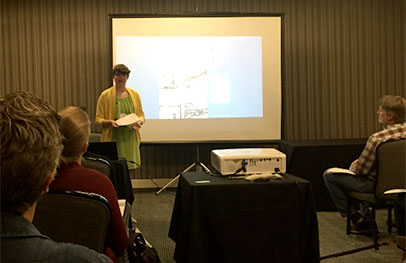 Lever Press will publish peer-reviewed works in print and online
Lever Press will publish peer-reviewed works in print and online
Students will have a new low or no-cost source of books
TACOMA, Wash. – University of Puget Sound has become a founding member of Lever Press, a new academic press launched by liberal arts colleges across the country to create an effective alternative means for scholars worldwide to publish their work.
The press will be open-access, with peer-reviewed works available both in print, for a small cost, and online, for no cost. Works from scholars and researchers across all disciplines will be considered. The new press is funded by a consortium of 80 liberal arts college libraries, and guided by a partnership of Amherst College Press and Michigan Publishing at the University of Michigan.
“We are thrilled to be founding members in a publishing group that is allied with our values and goals as educators,” said Jane Carlin, director of University of Puget Sound’s Collins Memorial Library. “This will mean new opportunities for faculty to publish their work and distribute it in an affordable form to a wide audience, and it will mean libraries such as our own can provide students will a far richer range of learning experiences.”
The Oberlin Group, a consortium of 80 research libraries serving liberal arts colleges across the United States, launched Lever Press out of a concern that restrictions on access to scholarly materials is exacerbating a disturbing trend in which not all libraries, institutions, and students can afford the educational resources they need.
“It shouldn’t be the case that only the wealthiest institutions can afford to purchase the best and most recent books addressing issues and fields at the heart of our campuses,” said Mike Roy, dean of libraries at Middlebury College and president of the Lever Press oversight committee.
“And as publishers increasingly request processing fees and subsidies for articles and book-length works, it shouldn’t be that only scholars at the best-resourced institutions get a chance to get published.”
Lever Press is distinguished by three key commitments: editorial alignment with the mission and ethos of liberal arts colleges; a “platinum” approach to open access in which the pledging institutions, rather than authors, pay all publishing costs; and digitally-native production processes designed to support innovative projects that go “beyond the book.”
“We’re looking for work that reflects the identity and characteristic emphasis on excellence in teaching and research that is the hallmark of our sponsoring colleges,” said Mark Edington, Lever Press’s publisher.
“As we’ve reflected on how a press founded by these colleges can offer a distinct voice and contribution to the world of scholarly publishing, we keep returning to the idea of the books that all of us encountered as undergraduates that opened our eyes and changed our lives. We’re looking for titles that can teach what they know, that reveal to the reader not just a recitation of findings but a narrative of discovery.”
Over the next five years, Lever Press is expected to publish some 60 titles. Titles will be available both as downloadable files and as screen-readable web pages. Production will be undertaken by Michigan Publishing’s emerging Fulcrum digital publishing platform, made possible with a grant from the Andrew W. Mellon Foundation.
Lever Press is already accepting proposals from scholars for individual works and series of works. Proposals for individual works are welcome from faculty and scholars anywhere; proposals for series should come from faculty members or teams of faculty members from one or more of Lever’s sponsoring institutions.
Guidelines for submitted work can be found at: leverpress.org/authors
A list of Lever’s sponsoring institutions are available at: leverpress.org/who-we-are
Tweet this: #College #scholars have new open-access press @Lever_Press w/ 80 #liberalarts members. @univpugetsound is in! http://bit.ly/2avegdg
Follow us on Twitter! twitter.com/univpugetsound
Visit our “Newsroom” page featuring a searchable index of Puget Sound sources on a wide variety of topics at http://www.pugetsound.edu/about/offices–services/office-of-communications/newsroom/
University of Puget Sound is a 2,600-student, national undergraduate liberal arts college in Tacoma, Wash., drawing students from 47 states and 12 countries. Puget Sound graduates include Rhodes and Fulbright scholars, notables in the arts and culture, entrepreneurs and elected officials, and leaders in business and finance locally and throughout the world. A low student-faculty ratio provides Puget Sound students with personal attention from faculty members who have a strong commitment to teaching and offer 1,200 courses each year in more than 50 areas of study. Puget Sound is the only national, independent undergraduate liberal arts college in Western Washington, and one of just five independent colleges in the Northwest granted a charter by Phi Beta Kappa, the nation’s most prestigious academic honor society.
Aug. 4, 2016
– Shirley Skeel, sskeel@pugetsound.edu


